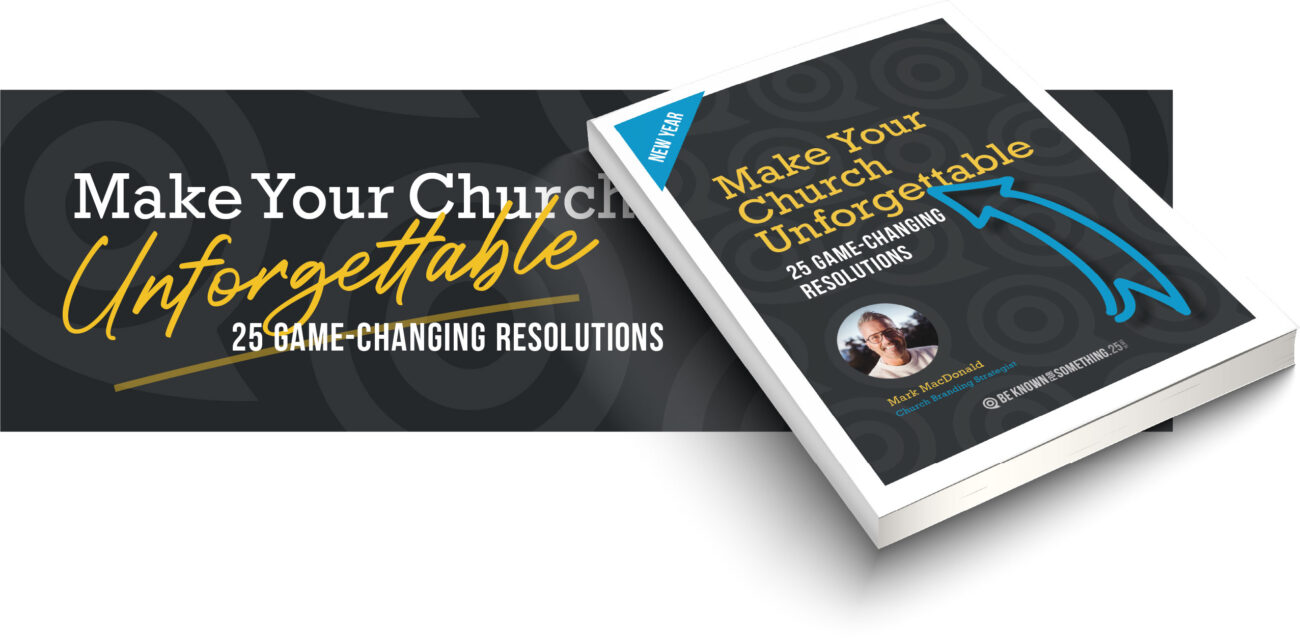3 Tips for Effective PR
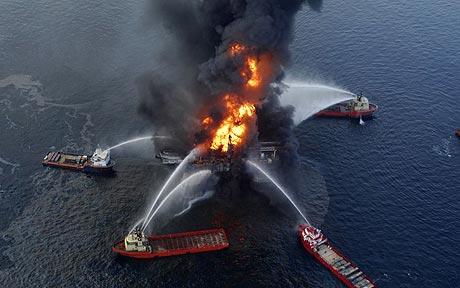
As I write this, I’m watching a TV news report about the oil slick off the coast of Louisiana. It’s huge and seems to be growing every day. And so are the press releases, news reports, spin, etc. It’s hard to say how this will all end.
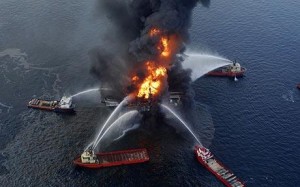 BP (British Petroleum) had this unprecedented disaster/explosion on one of their oil rigs, and they are in trouble. President Obama finally viewed the potentially devastated area today and in his press conference he mentioned BP over and over again. He’s squarely pointing the blame on their shoulders. Ouch.
BP (British Petroleum) had this unprecedented disaster/explosion on one of their oil rigs, and they are in trouble. President Obama finally viewed the potentially devastated area today and in his press conference he mentioned BP over and over again. He’s squarely pointing the blame on their shoulders. Ouch.
So, what happens if your business is involved in a bad news story? Such as layoffs or a product recall or worse. Or it could even be a good story for that matter! What should you do?
It’s important for you to take control of the media (and the story) as much as possible:
- Be Prepared. You don’t want to wait for the disaster (or good news). You should know all the contacts for media in your area or region. Most time, that’s a business editor or a staff writer. Know their names and numbers or email address. Or at least know a PR agency that knows your industry. Usually a local firm is better — they know your area and the media.
- Be Newsworthy. This is so critical. Often, if you’re in the middle of a disaster, they will contact you. If you want to control the process more, you should contact them first. Be sure you know all the facts, how they affect the general public or the larger impact of the smaller story. The faster you can produce this information (and photos), the better. Think about it, the media doesn’t want to help you sell something; instead you need to convince them that you’re part of a story that the public wants to know about. If you do that, you can control the message that the media will release it on your behalf.
- Be Honest. Make sure you don’t exaggerate or mis-state information. Especially if it’s a huge story! If the media picks up on an error, you may be caught in a much bigger investigation. But for the most part, your story isn’t as large as the oil rig story, so make sure you don’t misdirect the public. Better to under promise, and over deliver.
PR is a very important part of business. It’s the best way to get a good story out — or control a bad story. And the impact is worth about 3 times what advertising does. Especially with a well coordinated campaign that works in conjunction with advertising.
Want 25 Game-Changing Resolutions?
Related Posts
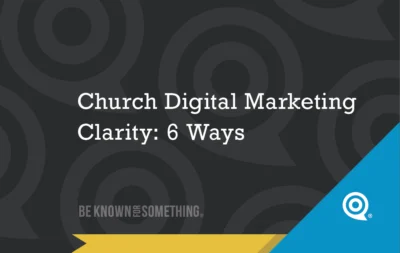
Church Digital Marketing Clarity: 6 Ways
Church digital marketing has become unavoidable. Churches everywhere feel the pressure to show up online. However, many pastors and leaders
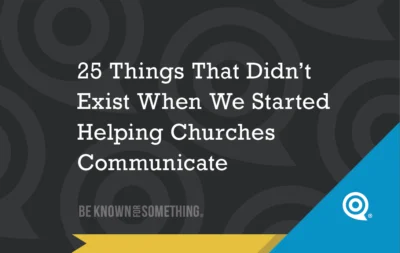
25 Things That Didn’t Exist When We Started Helping Churches Communicate
Back in 2001, we launched Be Known for Something from the old Krispy Kreme test-kitchen and marketing offices in Winston-Salem,
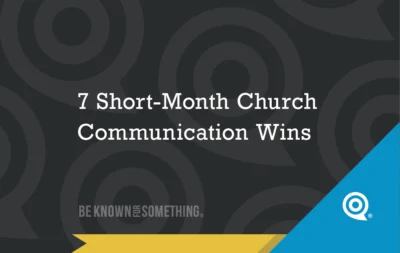
7 Short-Month Church Communication Wins
February is the shortest month of the year, which makes it perfect for simple church communication improvements that don’t require

